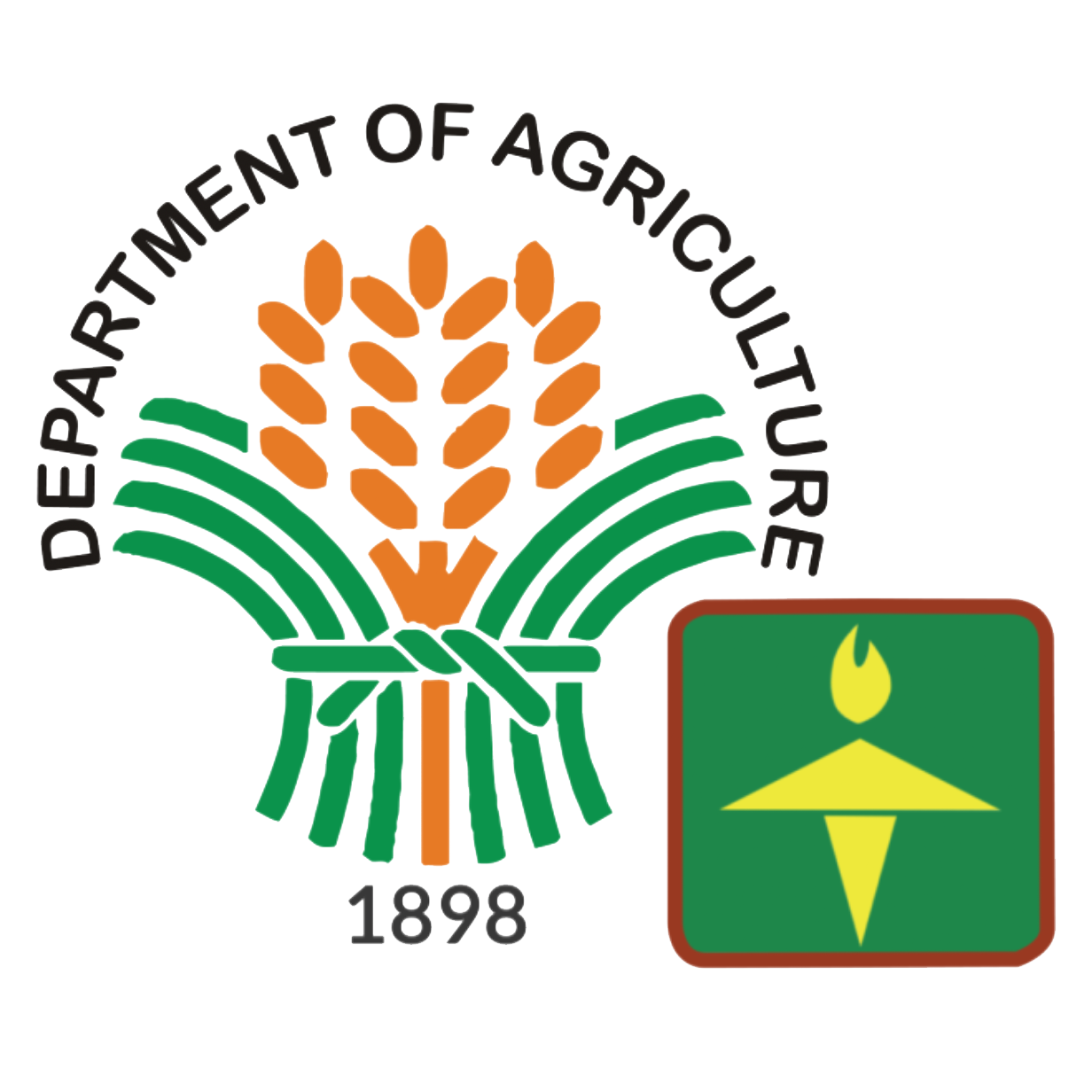THE Philippine Center for Postharvest Development and Mechanization (PHilMech) has set the distribution of P151.8 million worth of rice processing systems (RPS) to be distributed under the Rice Competitiveness Enhancement Fund (RCEF)-Mechanization Program.
PHilMech Director Dionisio Alvindia said that qualified farmers cooperatives and associations (FCAs) or the local government units (LGUs) can enter the rice value chain and directly market their milled rice through the RPS given under the program.
“The last three years of the RCEF-Mechanization Program, or from 2022 to 2024, will focus more on the distribution of more post-harvest or drying equipment and milling facilities, which will allow qualified FCAs and LGUs to enter the rice value chain,” he said.
As part of its mandate to provide post-harvest technologies under the program, PHilMech has set three types of RPS to be distributed to rice farmers.
This includes the RPS-1 that has a multi-pass rice mill that has 1.5 tons per hour capacity, and two units of recirculating dryer with a capacity of 6 tons that cost P17.5 million.
The RPS-2 is worth P61.7 million and has a capacity of 2 to 3 tons per hour, and the RPS-3 that costs P72.6 million and has a capacity of 4 to 5 tons per hour.
Both RPS-2 and RPS-3 have a multi-pass rice mill and two units of recirculating dryer with a capacity of 12 tons.
According to PHilMech, seven sets of RPS 1 were already delivered and installed. While 15 sets of RPS 1, 11 sets of RPS 2 and 5 sets of RPS 3 are due for delivery and construction.
The agency also provides training to FCAs and LGUs who will be recipients of the processing systems.
Among those already trained were 11 FCAs and three LGUs from Regions 11 (Davao Region), 13 (Caraga Region) and the Bangsamoro Autonomous Region in Muslim Mindanao.
Roselyn Dugang of Municipal Local Government Unit of Rosario, Agusan del Sur shared her insights on the relevance of the workshop.
“Conducting a feasibility study (FS) is essential because from this, we can determine what aspect we should improve on, [such as] implementing the rice milling business — there are several factors to consider about it, and we can only identify these through FS,” she said.
The recipients of the RPS are thankful to PHilMech.
“All I can say to PHilMech is that we are honored to be a recipient of the RPSI,” said Constancio Dalanon, chairman of Avanceña Beneficiaries and Farmers Multi-Purpose Cooperative.
As of the end of May 2023, PHilMech has completed a total of seven RPS, and is constructing another 31 RPS. Meanwhile, another 63 have been set for post-qualification evaluation. (Janine Alexis Miguel, The Manila Times)











